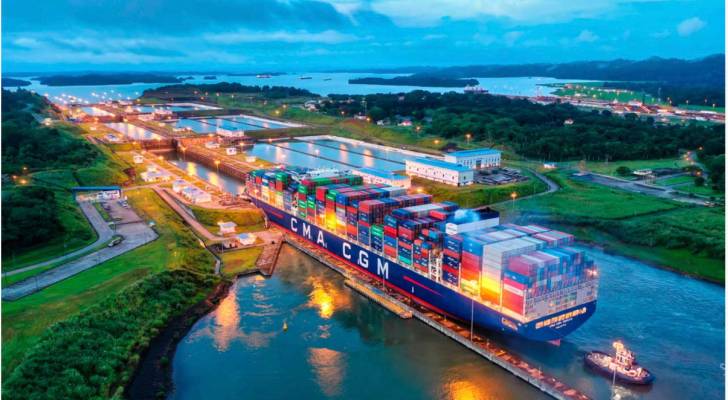Panama Canal
Panama refutes US claim of toll-free canal transit for American ships
Panama has pushed back against a recent claim by the US State Department that American ships can now pass through the Panama Canal without paying tolls.
The disagreement comes just days after the State Department asserted that a new agreement allowed US vessels to transit the canal without fees.
U.S. government vessels can now transit the Panama Canal without charge fees, saving the U.S. government millions of dollars a year. pic.twitter.com/G4gV2mHu7O
— Department of State (@StateDept) February 6, 2025
The issue ties into US President Donald Trump’s broader efforts to reassert American influence over the waterway, which is considered one of the most strategically significant trade routes in the world.
The Panama Canal Authority, the entity responsible for setting tolls and fees, denied any changes to existing policies.
Press Release from the Panama Canal Authority. pic.twitter.com/2RrWaoWLoS
— The Panama Canal (@thepanamacanal) February 6, 2025
In a statement shared on its X account, the authority said, "In response to a publication released by the United States Department of State, the Panama Canal Authority, authorized to set tolls and other charges for transiting the Canal, communicates that it has made no adjustments to these fees."
The US initially controlled the canal under a treaty signed in the early 20th century. However, in 1977, then-President Jimmy Carter negotiated an agreement with Panama’s leadership to gradually transfer waterway control. Panama officially assumed full control on Dec. 31, 1999.
Amid the tensions, US Defense Secretary Pete Hegseth and Panamanian President José Raúl Mulino recently held talks focused on shared security concerns.
According to Pentagon spokesperson John Ullyot, the two leaders "agreed to expand cooperation between the US military and Panama’s security forces."
Ullyot also noted "the extensive and expanding cooperation between the United States, including the Department of Defense, and the Panama Canal Authority."




